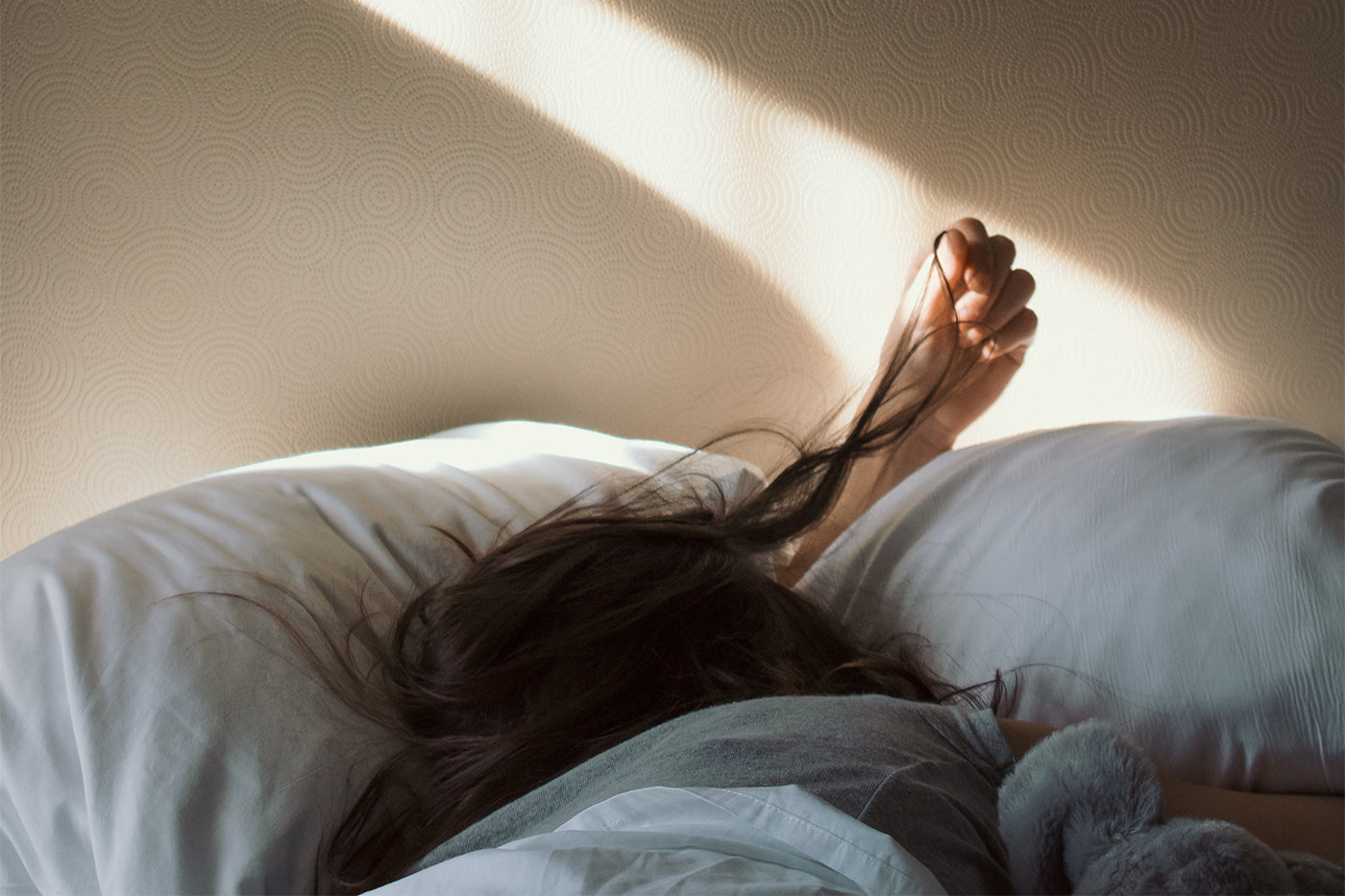CHECK IN WITH YOURSELF // Mental self care

With all that has been going on collectively, it is no surprise that mental health is an issue that is becoming more and more mainstream. The media is readily encouraging people to seek help, hotlines are popping up everywhere and those who are in the self-help industry are seeing an influx of business. People are struggling in a very unique way right now. While the collective experience is certainly not the same, there is a collective uncertainty that I believe is universal. You're not alone in this feeling.
The thing about mental health, is that imbalances and struggles can creep up on you no matter who you are. The stigma of a 'chemical imbalance' is a gross oversimplification of a very complex function. I believe that at times we all have experiences that are reflective of an imbalance and that there are literally hundreds of thousands (if not millions) of potential triggers. Not to stereotype – but women get slapped with labels first and most often because we typically show emotion more readily. The male persona may be quicker to pull back and be better at hiding it. Of course, we are all different, and this is a generalizing. It's important to recognize your own triggers, and to be open and honest with the people that love you. Communication is the only way to feel better – whether your struggles are big or small.
I believe most people are taught to tough it out, not show weakness and keep our eye on whatever ball we're rolling. "I'm fine" is the default for so many people. Mothers are especially susceptible to this behavior, because for many of us, what other choice do we have? The routine must go on, and a shift in mood or emotion shouldn't involve the whole family. When are you supposed to speak up? When should you keep it to yourself? There is a fine line between over communicating and keeping it to yourself. I certainly don't know the answer.
Thankfully, many people have started to recognize that neglecting themselves is not a great way to live or thrive. As the expectations for superficial communication have exponentially increased (responding to social media messages, threads, texts, emails) the space for real communication has decreased. Many people have not grown up in a way that encourages or gives us the proper skills to communicate our emotions – and most of us don't know how to process our feelings very well at all. When you live in a world that is highly charged, finding the space to deescalate emotions is challenging.
The beauty in "self care" education needs to be more widespread, and the tools more accessible. We love to see meditation being taught in schools, and a more conscious approach to parenting. Opening up is starting to be less taboo. Maybe the tough it out mentality can be put behind us in place of a more compassionate approach – compassion for ourselves, for each other, and for those that we love the most.
Our approach has always been one to encourage mindfulness, and a mindful approach is an important part of mental health. Checking in with yourself and being selective about the things that you bring into your life is equally valuable. Are you consuming things to fill a void? Are your closets, counters and drawers filled with things you never use? Does your space feel chaotic? Are you watching an endless amount of triggering news? What is the subconscious result of all of these things adding up? The mental weight of too many things in your life can actually be very heavy.
Perhaps it sounds a bit lofty to believe that skincare products can play a part in helping you achieve a "healthy" mental state, but we think they can. Taking a moment to slow down, take care of your body and assess one's mental state can do wonders for your frame of mind. Self-care absolutely applies to mental care. The response to the self-care movement makes it clear that people are looking for bigger picture answers. Don't be afraid to slow it all down, and don't be afraid to ask for help.
Here are 5 simple things you can do to feel better.
1 – Clean out your bathroom. This might seem strange to have on a mental health list, but the bathroom is the most intimate room in the house. A dirty bathroom does not make you feel good on a subconscious level. Most bathrooms aren't big rooms so it shouldn't be an incredibly daunting project. Clean out your drawers and cabinets and donate or recycle anything you don't love. Put on some music and scrub it down. Nothing to hold onto in there! You'll be surprised how good this will feel.
2 – Walk. Walk. Walk. Listen to a podcast, talk to a friend, or leave your phone behind. Walking is the best thing anyone can do for some clarity.
3 – Water + lemon. This is on virtually every self-care list for a reason. Lemons alkalize the body and can help boost your mood. They help improve digestion and improve the overall flow of your body.
4 – Try burning some incense, vaporizing some essential oils, or mist yourself often. Stagnant energy around you can lead to a stagnant mood.
5 – Don't be afraid to talk it out. This can be with a professional, or with certain people in your life. We all need help processing life – and that’s OK!








